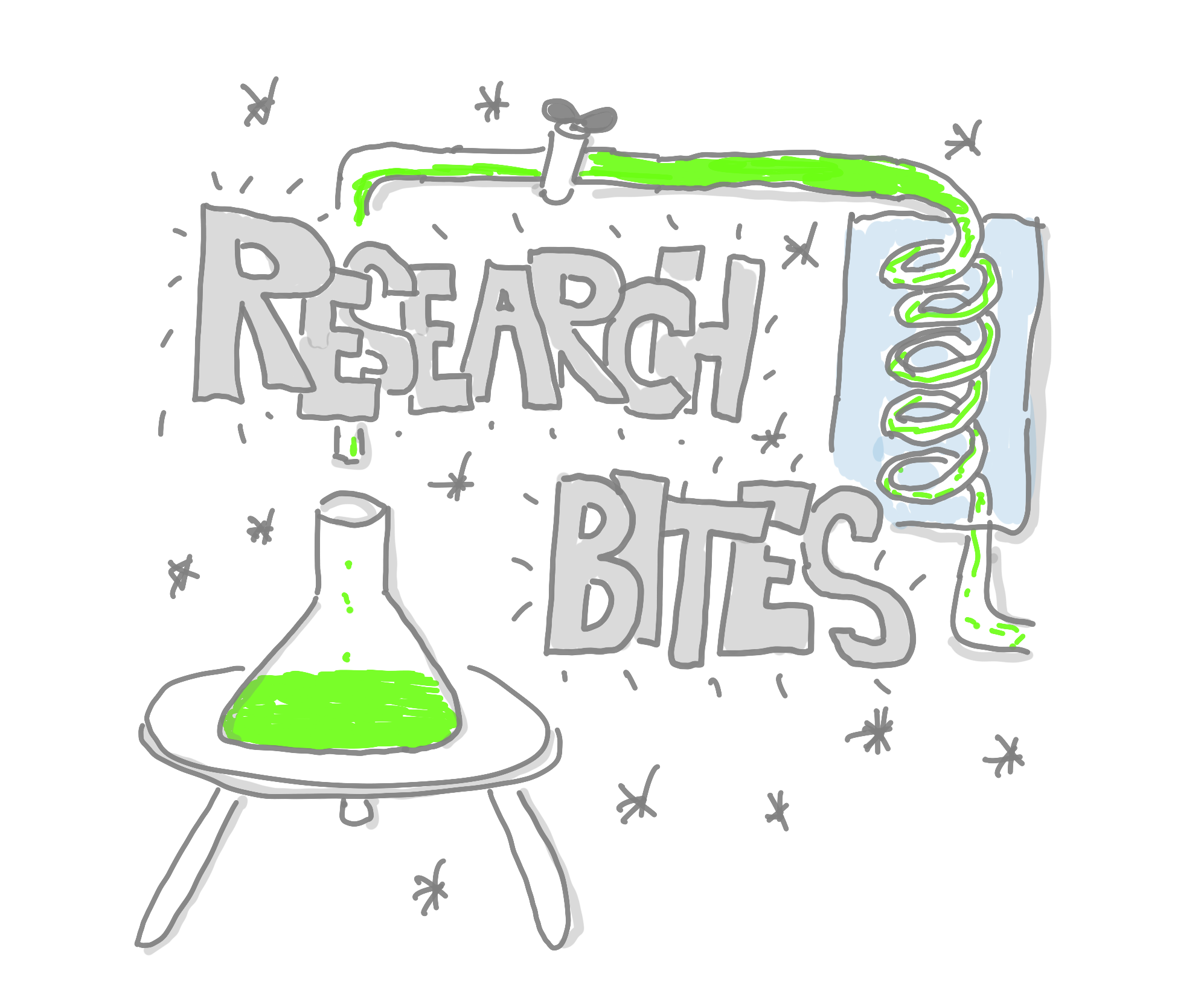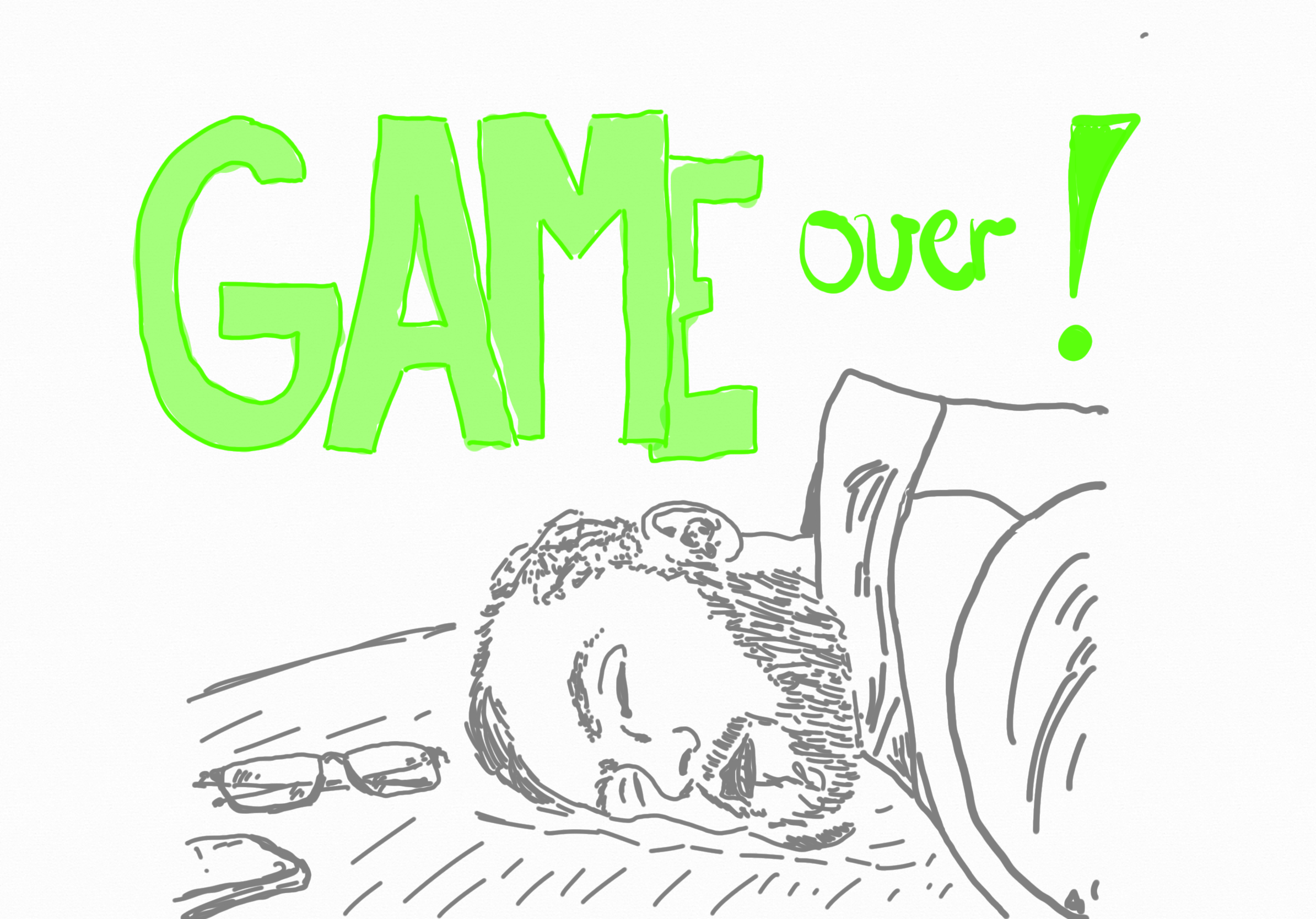If organisations want to stay agile, fit and relevant, they need a sustainable approach
– by our guest blogger Patrick Halek –
Sustainability is no add-on
 Talking to managing responsibles in organisations, in many cases, sustainability is still seen as an add-on-issue one has time to deal with when everything else runs smoothly. It seems there is still quite a lack of understanding what sustainabilty is about and which are the principles being crucial to any form of organisation or venture.
Talking to managing responsibles in organisations, in many cases, sustainability is still seen as an add-on-issue one has time to deal with when everything else runs smoothly. It seems there is still quite a lack of understanding what sustainabilty is about and which are the principles being crucial to any form of organisation or venture.
In fact, sustainability is not about being „good“ and ethical or caring for the environment in the first place. Sustainability is one of the most crucial factors when it comes to an organisation‘s ongoing agility and successful impact.
Without sustainable thinking and acting an organisation‘s resources get wasted and basic interconnections as well as skills and knowledge of people are ignored. This means that impact and success can only be achieved in the short run. Even in the mid run, though, it might destroy an organisation‘s agility, fitness and relevance.
A rational approach
Sustainable thinking and acting is about a rather rational approach. It is about an approach based on a couple of simple rules which should not have the potential for surprise:
- Only use as much as you have or can get in due time
- Only live on your substance when recreating it
- Only take from your employees and partners without sapping their substance
- Only invest as much in the short run as will come back in the long run
- Change or perish: advance, stay agile and fit, stay relevant
So, sustainability is no add-on but an essential basis for ongoing success. To put it in a nutshell, sustainability means:
- to give a system – be it a person, an organisation or venture – what it needs to stay agile, fit and relevant.
- not to take more from a system than it needs to stay agile, fit and relevant.
It’s not like grannie’s household
Just to be clear: In a state-of-the-art organisational approach, business cannot be run like grannie’s household. There is not only solid equity, endless know how and resources. There are target group expectations, competitors, employees, stakeholders, shareholders, liabilities and investments to be made. Innovative business cannot be based on naïve fallacy. It is far more complex. That is why a remarkable number of ventures and organisations are boldly ignoring sustainability, especially when it comes to growth and change – some without even realising it.
In most cases, a lack of sustainability is caused by 2 sorts of problems:
Problem 1: The “Lemon-Problem”
This sort of problem is described easily. Organisations, their resources, employees and partners are squeezed out like a lemon until there is no single drop left. Be it in vain or be it ignorant, it always leads to the same result: taking more than a system can cope.
In many cases, such behaviour is based on a lack of state-of-the-art management skills, unrealistic forecasts or the attempt to proof that riding the bull can be successful. Quite often, there is a day-to-day culture of acting without having a solid long-term vision.
Another well-known reason for resulting in the “Lemon-Problem” is caused by viewing an organisation as pure investment being expected to return as much profit as possible. No significant reinvestments in education, resources, infrastructure or advancement are made. This way, an organisation cannot stay agile, fit and relevant. One has to admit, though, that in most of these cases an organisation is rarely viewed on a long-term basis anyway.
Problem 2: The “Apple-Pie-Problem”
This sort of problem is like eating apple pie on a very regular basis for one good reason: because it is sweet and tasty. Something most of us would agree to. But besides the good side of being sweet and tasty there are a few bad sides to it as well: too much apple pie for too long a time could mean: gaining weight, bad teeth and bad blood test results.
The “Apple-Pie-Problem” mostly takes place when an organisation’s business is running well. In such a state of success thinking of the future is sometimes viewed as inconvenient. Success is sweet and tastes good – why worry? Tipping points are just around the corner, though. Suddenly, it seems, things turn from good to bad and even to worse without being prepared properly. In most cases, though, this does not happen suddenly – it is just a result of lacking sustainability. In order to stay agile, fit and relevant, managing an organisation always means being a couple of steps ahead. Success today might be sweet but does not prevent an organisation from failing tomorrow. Well-known examples are on the news almost every day. Any system needs active, continuous change and caring to stay agile, fit and relevant – so does an organisation.
Getting concrete
After all, reflecting an organisation’s needs, there are a few aspects which might help to make sustainable thinking and acting concrete:
- Mind your competences – know what you are able to do
- Mind your resources – know what it takes and if you have it
- Mind your employees and partners – know what they are able to do and what they need
- Mind your opportunities – know what you have to seize to stay agile
- Mind your brand – know and live your values, identity and culture
You think all this is no news at all? Here are 5 questions you can answer to yourself:
- What do you invest in your employees’ education and knowledge matching actual needs?
- What do you reinvest in your organisation’s advancement and innovations?
- How much agility, fitness and advancement do your structures and processes allow?
- Do you know your core competences and are they reflected by your products?
- Do you have a clear vision of your organisation’s future and an organisational culture supporting it?
Unfortunately, there is one basic rule: sustainability only seems to be relevant to those organisations which are viewed on a long-term basis and are meant to endure. Organisations only based on short-term relevance will rarely find any substantial asset in sustainable thinking and acting – which brings us back to the “Lemon-Problem”.
further aspects:
Robertson, M.: Sustainability Principles and Practice; Routledge, 2014
Dresner, S.: The Principles of Sustainability; Routledge, 2008
Patrick Halek is organisational and management consultant from Vienna, Austria and developed “blueformance“.









The underlying issue is that “sustainability” is approached for the wrong reasons – to please the stakeholders, to obtain the license to operate, etc. If it is not in the ethos and the DNA of the organization, it is simply a drag on the organization’s resources and human capital. As long as we keep looking for an economic argument for sustainability, we are not in it for sustainability.
Can we change this scenario? Perhaps. We will get on track when we stop measuring success in monetary terms.
Sustainability defines an umbrella balancing endurance, resilience and the ability to retain/obtain fitness on a re-creative and ongoing basis. Therefore, sustainability has to embrace a complex, multi-level system.
Pleasing stakeholders means keeping the balance within a complex, multi-level system.
Therefore, pleasing stakeholders can be viewed essential for sustainability, given that all relevant levels are covered.
That’s the reason why the terms „economic“ or “monetary” are not mentioned once in this blog, since such terms picked exclusively would be one dimensional and could not cover a multi-level system.
Sustainably run organisations can be a cradle for overall sustainability catering to an “epigenetic” change (change of DNA) – linking individual, organisational and societal aspects.